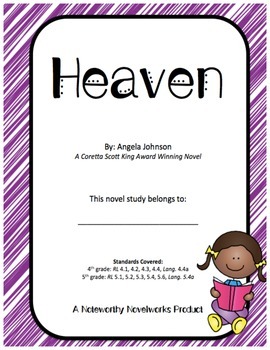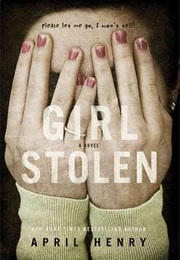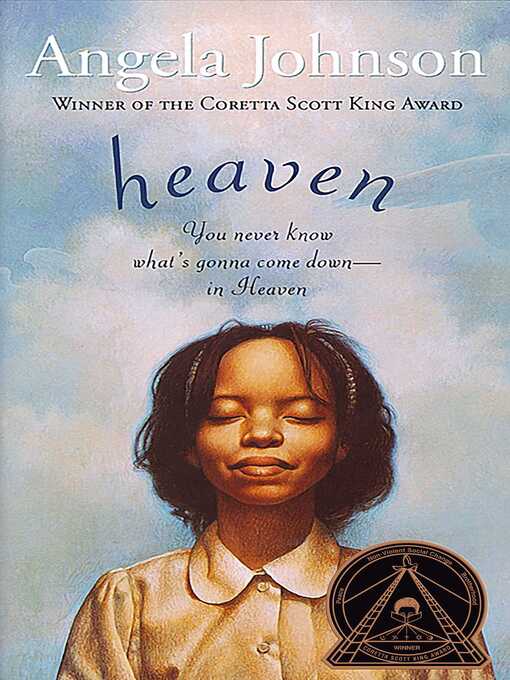


She has a difficult time coming to terms with this new reality. And her parents are actually her aunt and uncle. He seems to just travel around the country with his dog, Boy, as a semi-vagrant.īut Marley's whole world is shaken to it's core when she learns that Uncle Jack is not her uncle, but her father. Marley's other important person in her life is Uncle Jack, who she's never met, but with whom she's corresponded by mail for many years. Her two good friends are Shoogy Maple, a rebellious teenager in a seemingly perfect family, and Bobby, a young man not a whole lot older than herself, who is raising a daughter on his own. Regrettably publishers and authors alike still latch on to the "orphan" and "the shock of adoption" themes as prime targets for pulp preteen and teenage fiction themes.Marley is a 14-year-old girl who lives with her parents and brother in the small town of Heaven, Ohio.

The book of today that would better mirror such families would be one where the teenager responds: "Yes, I'm adopted, and this family is MY family" Over 5 million adoptive families in the US currently exist, and unfortunately this book feeds into the oft-repeated stereotype that adoption is a secret often hidden, and that a family that includes adopted children are "less real".

Reading the reviews, particularly, those written by youngsters, indicates that this misconception is indeed conveyed by this book that adoptive families are not "true" or "real" families. Today, families that are created by adoption, convey this information to children early in life, and the validity of family is challenged by the pseudo-angst conveyed in this book. While the complexities of family life are explored in this book from the standpoint of a young girl, this book contains and conveys many misconceptions regarding adoption and families.


 0 kommentar(er)
0 kommentar(er)
